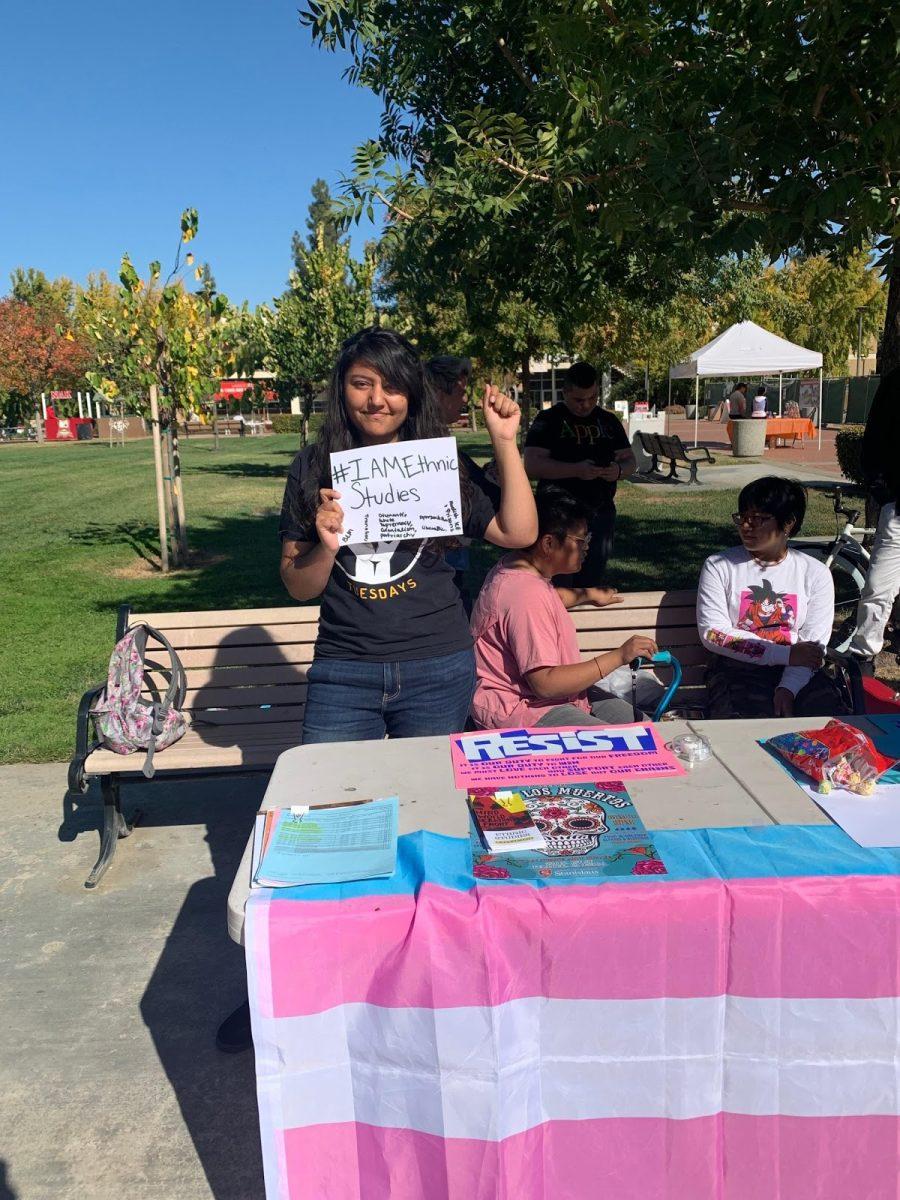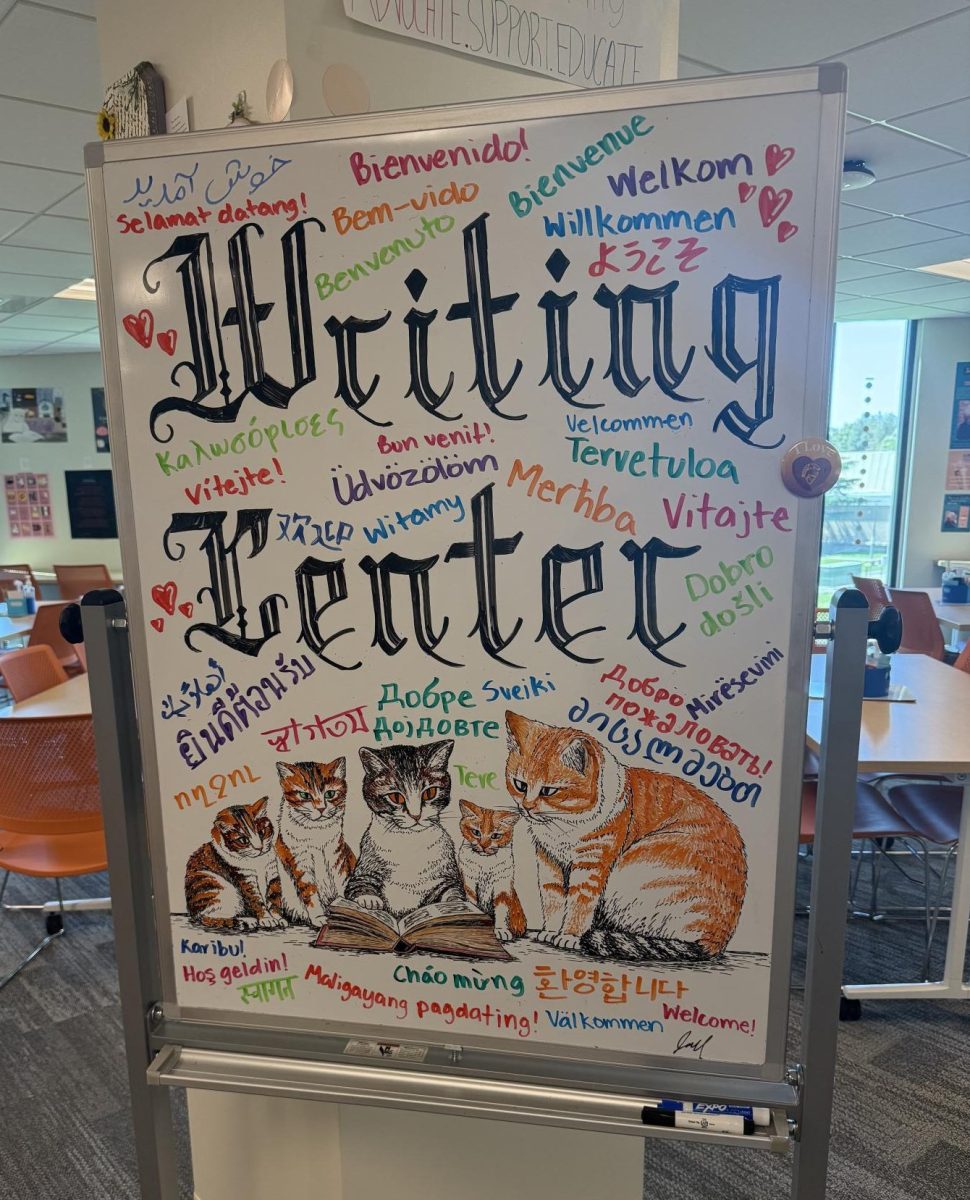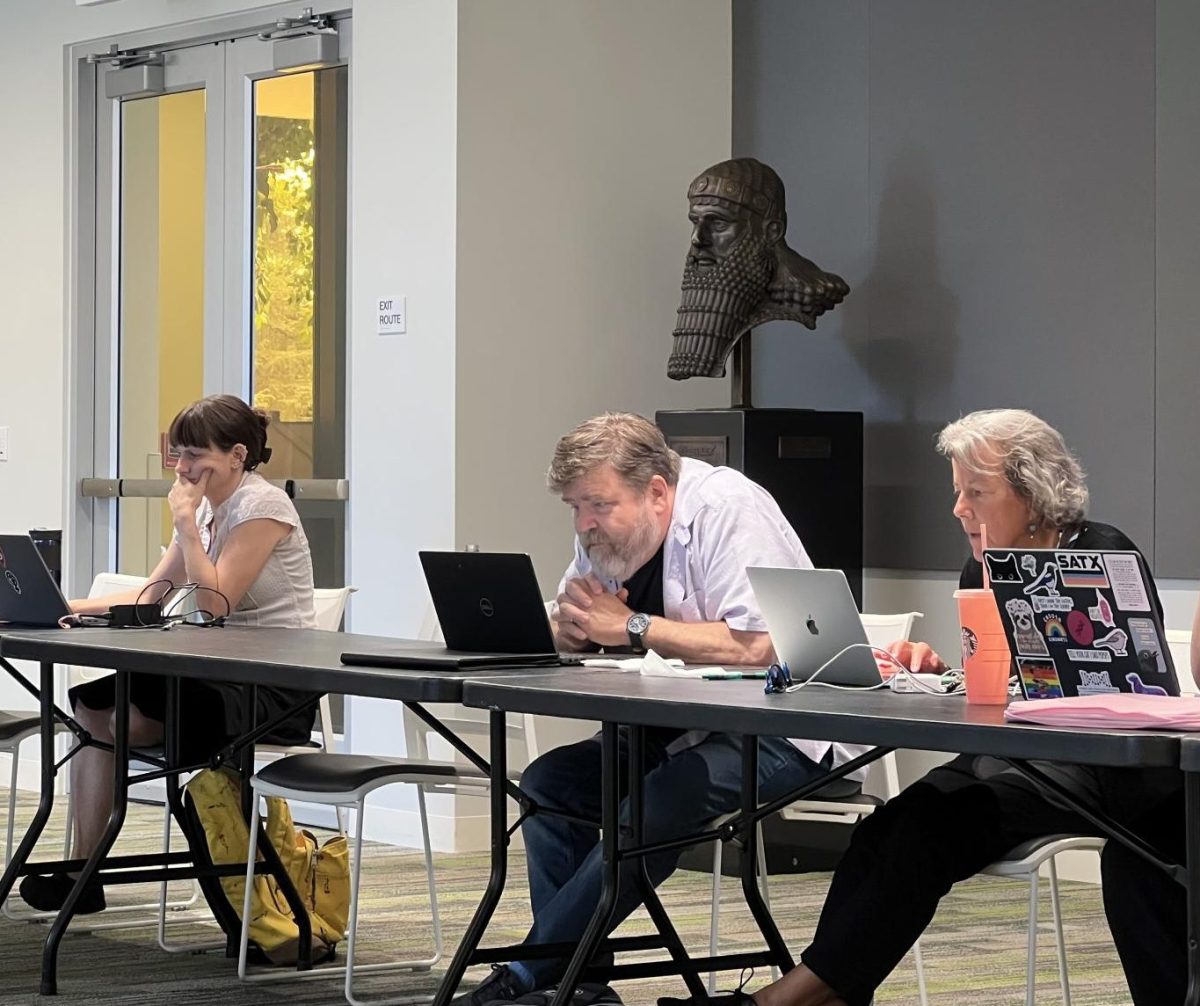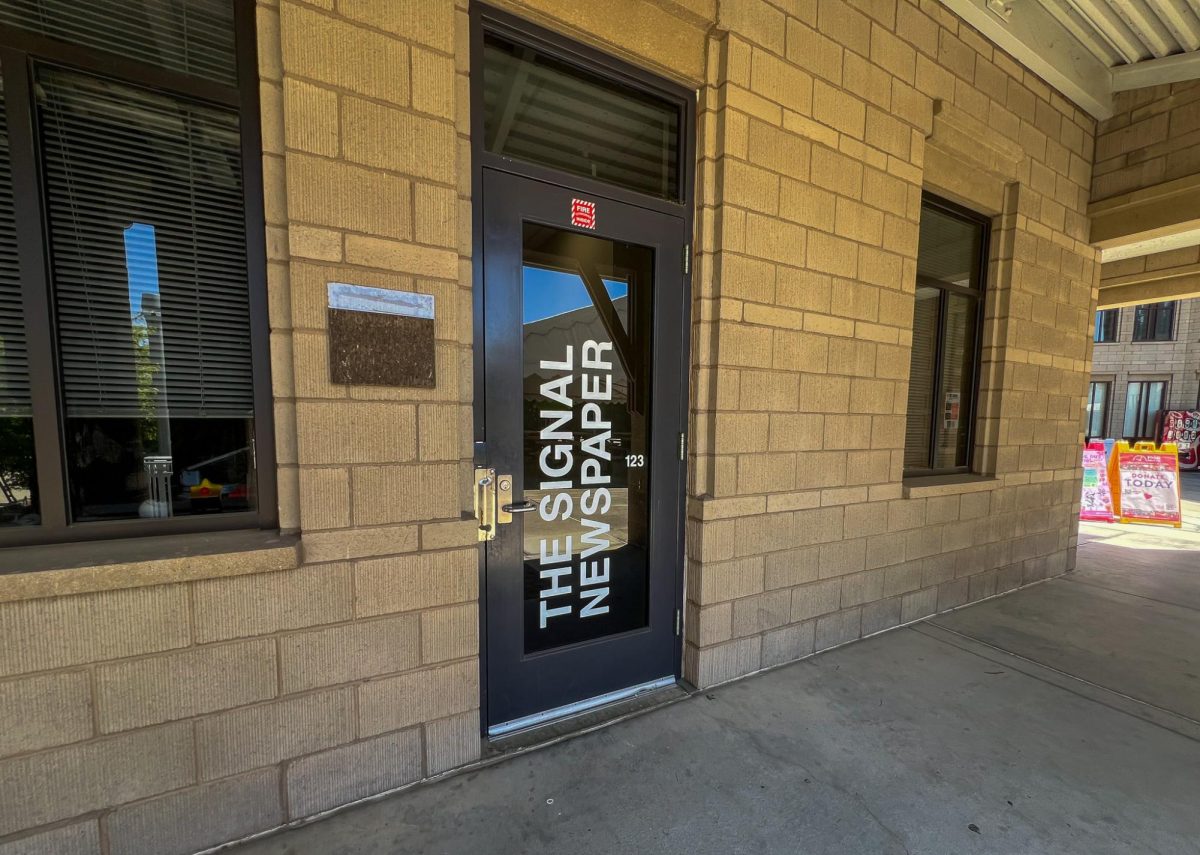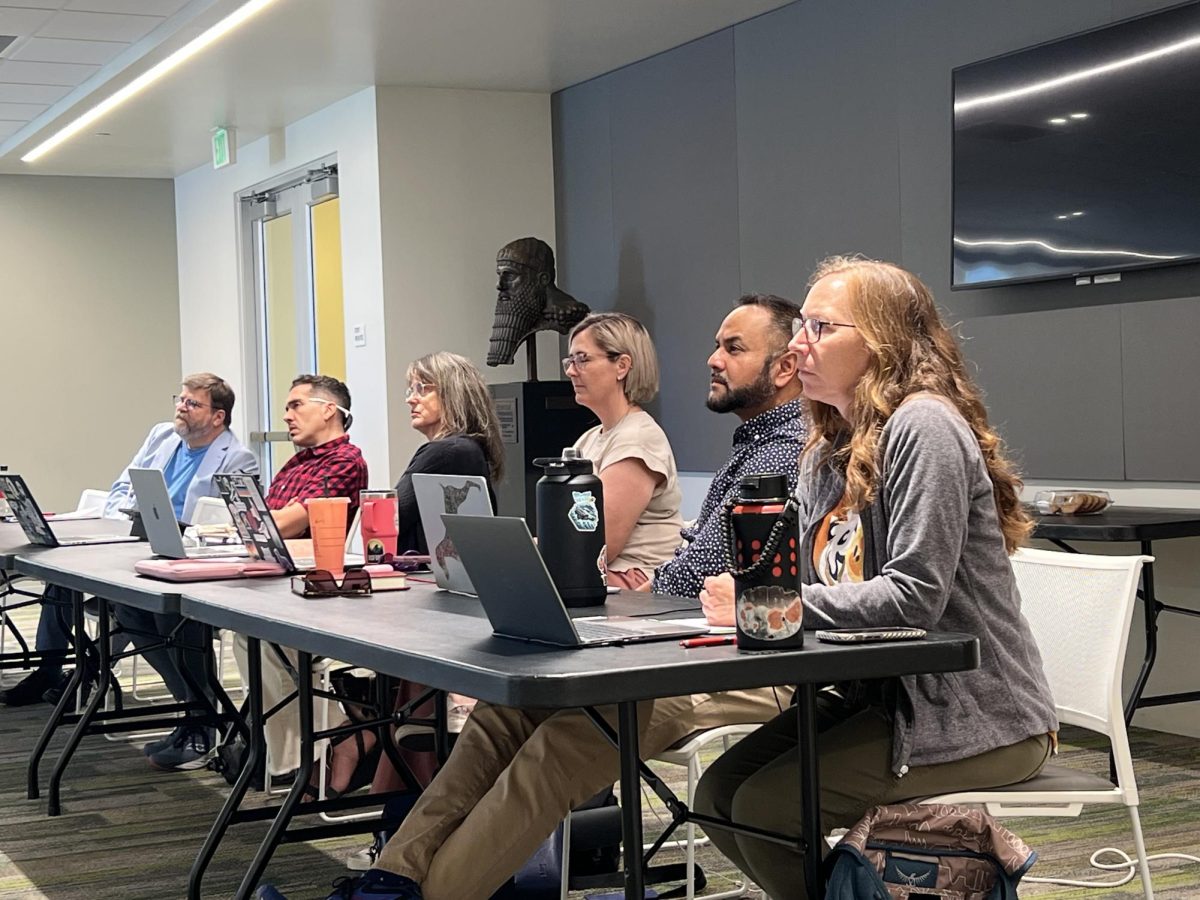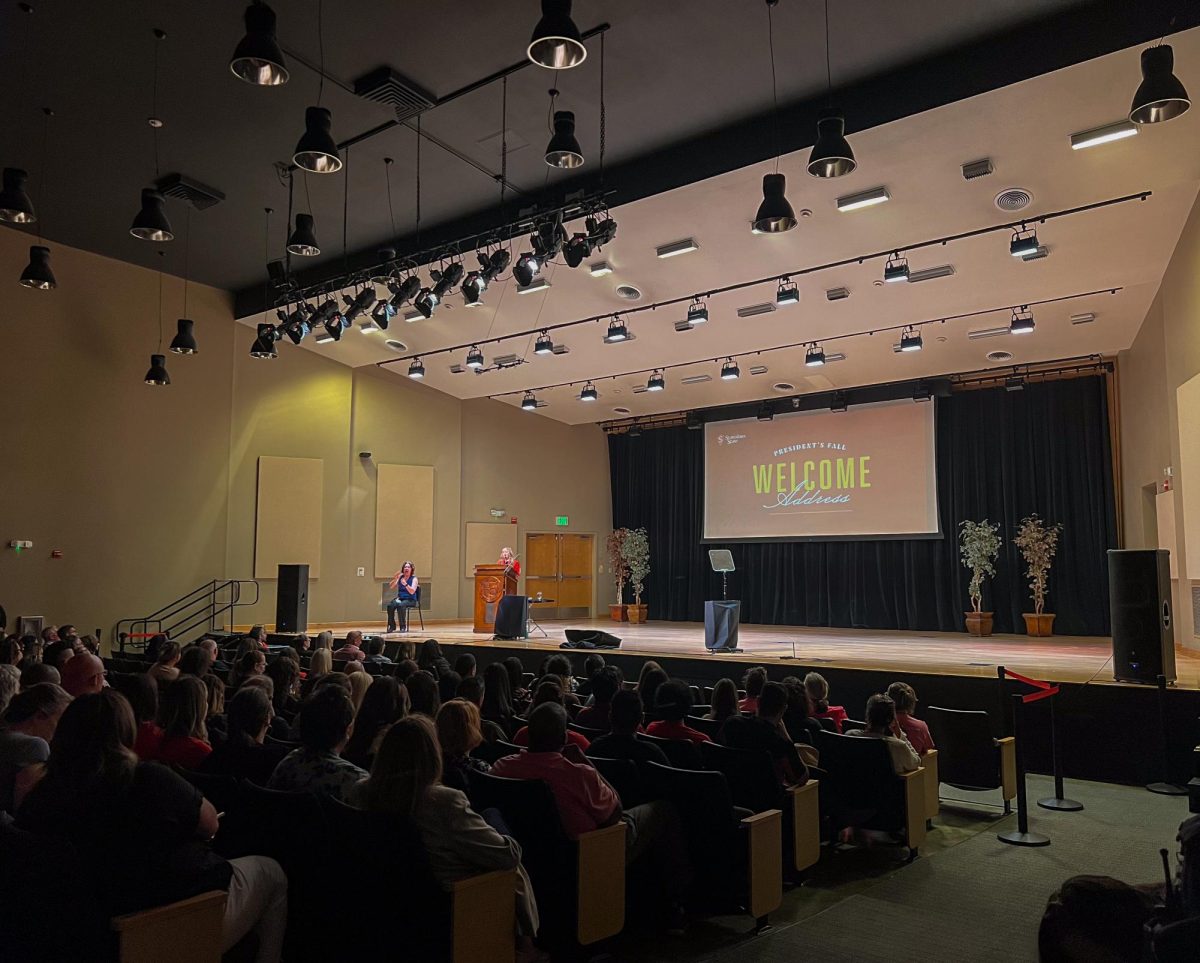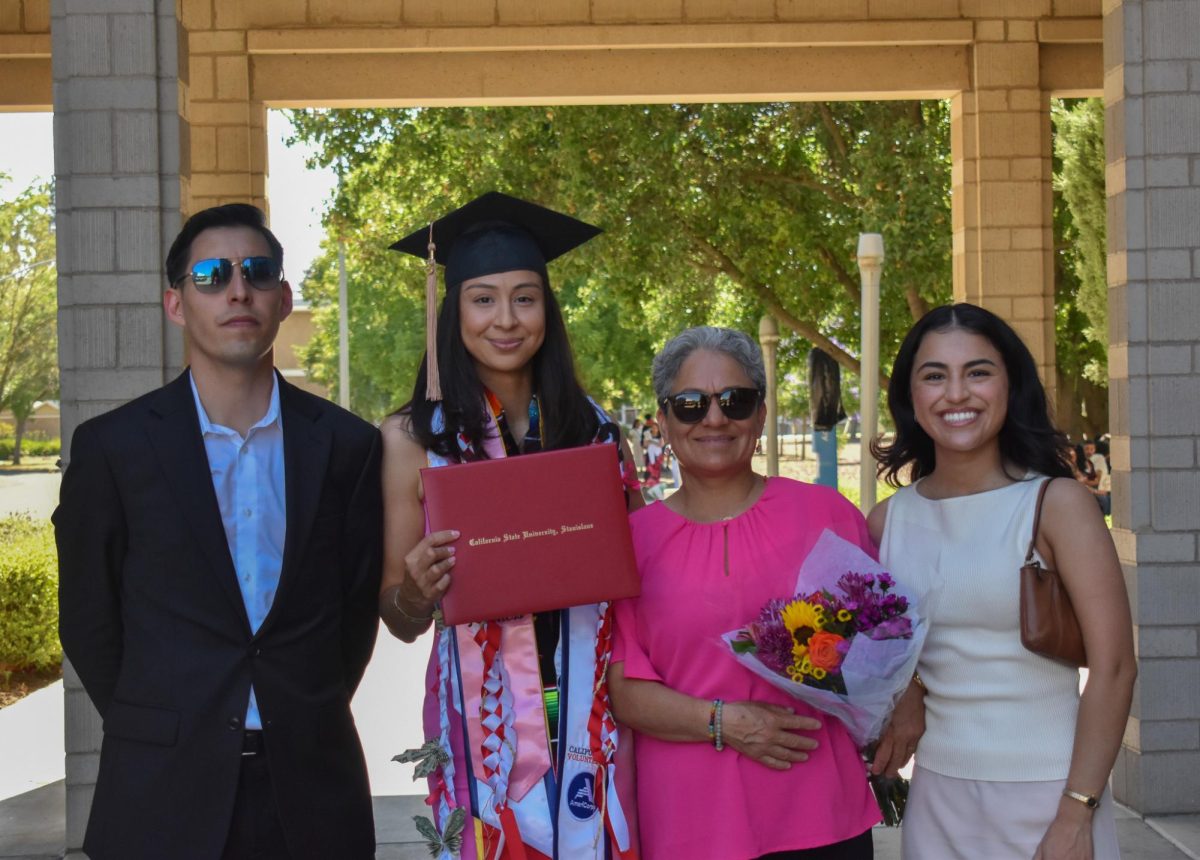Around 50 years ago, the Third World Liberation Front, a group of minority college students from various campuses, organized and fought for the creation of ethnic studies.
Ethnic studies is a field that has been under attack ever since it began in the 1960’s but has recently claimed a small victory on Stan State’s campus.
Academic Senate has recently passed a vote in favor of making ethnic studies a requirement on this campus, but the details of how it will be implied have yet to be figured out.
Dr. Cueponcaxochitl Moreno Sandoval, professor in ethnic studies, explained how this requirement came to be. “Three years ago there was an ethnic studies task force that recommended that ethnic studies should be a requirement for all CSU’s in California, and the Chancellor didn’t do anything about it. So, Shirley Webber, former ethnic studies faculty at San Diego State, wrote a bill and introduced it to the state legislature about making ethnic studies a requirement.”
According to Dr. Moreno Sandoval, the CSU Chancellor ordered a survey to be taken at all 23 CSU campuses on how they felt about making ethnic studies a requirement.
“Academic Senate held two open forums to gauge perception about the ethnic studies requirement. The ethnic studies program hosted a student forum about the requirement.”
That student forum was held and facilitated by Dr. Xamuel Bañales, professor in ethnic studies.
The students decided that they wanted ethnic studies to replace the multicultural requirement and be with a Capital ES.
A capital ES requirement means it would be discipline specific. Only ethnic studies professors can teach the courses to cover the requirement. A lowercase ES requirement means that any professor who meets ethnic studies (lower case) learning outcomes can teach a course to cover this requirement.
Academic Senate passed a lowercase ES resolution.
Dr. Samuel Regalado, history professor, is a part of academic senate and explained the complexities of this requirement.
“Supporting it is the easy part. But now we have to find a way to fit a round peg into a square hole. Plus, as it stands now, we only a few people, like myself, who have any scholarly expertise in the field. Thus, hiring practices may need to take that into consideration. It’s a big project.”
As for replacing the multicultural requirement, Dr. Moreno Sandoval explained, “multiculturalism is not ethnic studies, multiculturalism, does not require learning about and changing systems of oppression, colonization, decolonization, genocide.”
Replacing the multicultural requirement would also help out highly impacted majors in the sense that they would not have to take extra units to fulfill another requirement.
Ethnic studies is needed for many reasons. One is that there is a higher demand for ethnic studies-trained teachers. California’s Legislation is currently considering Assembly Bill 331, a bill that makes ethnic studies a requirement for high school graduation across the state. Major California school districts have already passed resolutions to make ethnic studies a requirement. For example, Los Angeles Unified and San Francisco Unified.
Dr. Moreno Sandoval explained how school districts in major cities like Los Angeles, San Francisco, Sacramento and many more have already passed this requirement for the high school component.
“We’re going to need ethnic studies teachers to teach those ethnic studies classes. It would be a shame if school districts sought ethnic studies teachers and couldn’t find any. Universities should move in the direction of growing their ethnic studies programs so that we can grow the field. We want people who have been trained in ethnic studies to teach ethnic studies just like you want people who have been trained in math to teach math.”
Lurdes Alvarado Carrillo (junior, Child Development) agreed with Dr. Moreno Sandoval about having only experts teach the courses.
“If they’re going to make it a requirement for all students, a professor that has ethnic studies background should teach it. They need to have a background in the field in order to teach it, it’s like an English professor teaching math. It doesn’t make sense.”
Along with Alvarado Carrillo, Demsen McFaddin (senior, Business and Ethnic Studies) also agrees that this requirement needs to be a capital ES.
“This requirement is essential to the future of our campus, but it needs to be housed through the ethnic studies Department. This means seeing just as much value in this field as any other field…it has to be a capital requirement or else it won’t serve it’s true purpose.”
Others spoke about what ethnic studies meant to them, “These classes are informing and empowering young people of color. After ethnic studies ,I was fighting for things I cared about and was more outspoken about issues that affected me and my community,” said Yohari Gonzalez (senior, Ethnic Studies and History).
Elvia Olea (senior, Ethnic Studies) expressed why she believes in the ethnic studies requirement.
“If every student was given the opportunity to have access to the knowledge ethnic studies has to offer, they would find the value of intersectionality in this discipline.”
Dr. Moreno Sandoval explained why this requirement is so important, “if we collectively harnessed the healing power of ethnic studies, our society would be transformed for the collective dignity of all living beings. Indigenous Sustainability, Critical Whiteness Studies, intersectional approaches to living learning and dying are important. Ethnic studies is for everybody because it opens up different possibilities about seeing ourselves and each other and relating to each other.”

